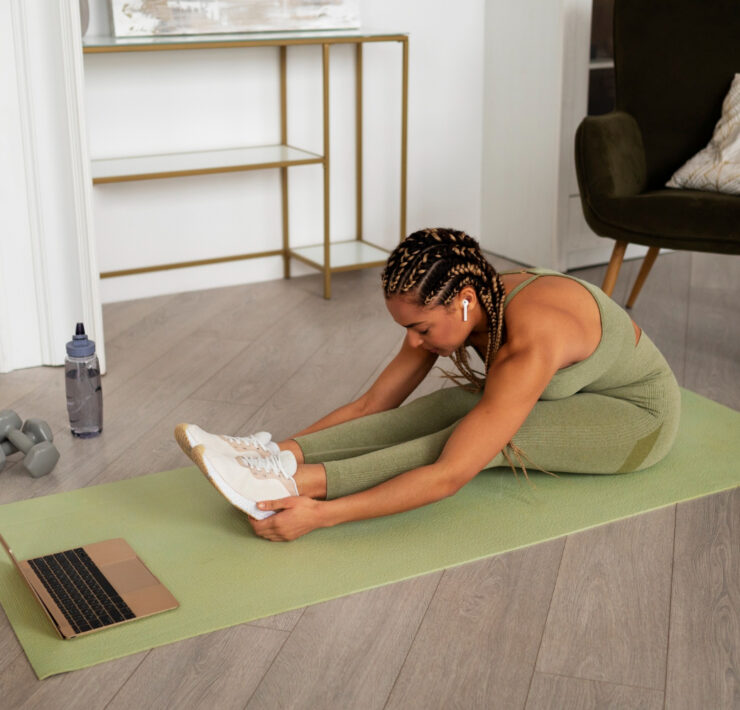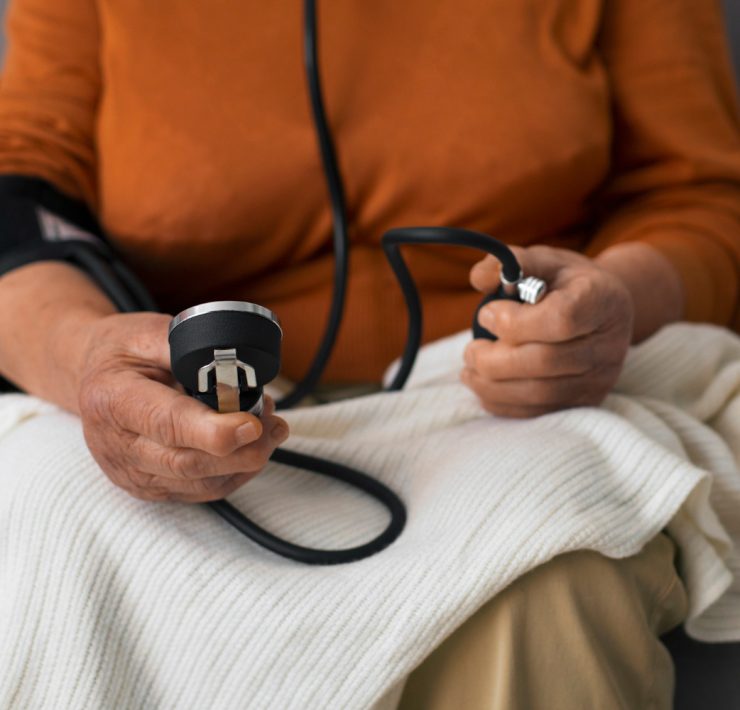Why Sleep is Crucial for Your Fitness Goals
- Success in bodybuilding isn't solely about hard work - it's about "resting hard" too.

Let’s chat about something we all love but are probably not getting enough of – sleep – and how it’s a secret weapon in our quest to reach our fitness goals. It’s not just a luxury for comfort, but an integral part of our wellness routine, a soothing lullaby to our bodies as they recharge and reset.
Here’s the shocker: those early morning runs or gym sessions you’re so committed to might not be delivering the best results without adequate sleep. Intrigued? Let’s unravel why sleep is a non-negotiable part of your workout routine and how a good night’s slumber can take your fitness performance from good to great.
Table of Contents
The Science Behind Sleep and Muscle Growth
Ever wondered why you feel stronger after a good night’s sleep? That’s because while you’re dreaming of smashing your personal bests, your body is busy repairing and building muscle tissue. This isn’t some magic trick your body performs; it’s backed by robust science.
So, how does it work? During sleep, your body enters a state of growth and recovery, releasing growth hormone (GH) which plays a leading role in muscle development. This is essentially the body’s natural anabolic steroid, supporting the synthesis of muscle protein and promoting cell growth and regeneration. So if you’re skimping on the ZZZs, you’re essentially saying no to a free, natural dose of GH!
But it’s not just about growth hormone. Sleep is also crucial in managing levels of cortisol, a stress hormone that can lead to muscle breakdown if left unchecked. A lack of quality sleep can cause cortisol levels to spike, sabotaging your muscle gains. So put simply, adequate sleep is not just about building muscle, but also about preserving it.
Sleep and Weight Management
So, you’ve been hitting the gym religiously, eating right, and yet those scales are refusing to budge? Well, it might not be your workout or diet that’s causing the hiccup. It could be something as simple, and often overlooked, as your sleep habits.
Let’s face it, in our 24/7 society, sleep often takes a backseat. But did you know that your sleep habits could be the missing link in your weight management journey? Indeed, it’s not all about cardio and calorie counting.
The Science Behind Sleep and Weight
It’s all got to do with two hormones: ghrelin and leptin. Ghrelin is the ‘hunger hormone’ that signals your brain when it’s time to eat. When you’re sleep-deprived, your body makes more ghrelin. Leptin, on the other hand, cues your brain to put the fork down. When you’re not getting enough sleep, leptin levels plummet. The result? Increased cravings and overeating.
The Consequences of Skimping on Sleep
The love affair between sleep and fitness isn’t a one-way street. It’s a symbiotic relationship—neglect one, and the other suffers. Lack of quality sleep can lead to fatigue, reducing your endurance and causing your workout performance to take a nose-dive. It can also increase your risk of injuries, as sleep deprivation can hinder your focus and coordination.
Moreover, insufficient sleep can raise your levels of cortisol, a stress hormone that can lead to muscle breakdown. That’s the exact opposite of what you want in your bodybuilding journey. So, start taking your ZZZ’s seriously — you won’t regret it.
Quality Sleep for the Win
When we talk about sleep, it’s not just about quantity, but also quality. And when it comes to muscle growth, NREM (Non-Rapid Eye Movement) sleep is the star of the show.
During the three stages of non-rapid eye movement sleep, a person falls asleep and then moves from a light sleep into a deep sleep. This is when a person’s brain activity, breathing, and heart rate slow down, body temperature drops, muscles relax, and eye movements stop. Non-rapid eye movement sleep plays an important role in helping the body repair tissues, build bone and muscle, and strengthen its immune system.
A restless night can trigger insulin resistance, a risk factor for weight gain and Type 2 diabetes. Plus, a lack of deep sleep can cause your metabolism to slow down.
Now, you might be thinking, ‘great, I’ll just aim for more NREM sleep then‘. However, it’s not that simple. NREM sleep is just one part of the sleep cycle, and you can’t increase it without increasing the other stages too. The key is to aim for a full, uninterrupted night’s sleep, allowing your body to naturally cycle through all the different sleep stages.
So, how do you ensure you’re getting the best sleep for your needs? Here are a few tips:
- Establish a regular sleep schedule. Go to bed and wake up at the same time every day, even on weekends.
- Make your bedroom a sleep-friendly zone. Think dark, quiet, and cool. Invest in a good quality mattress and pillows.
- Avoid caffeine and alcohol close to bedtime. They can disrupt your sleep cycle.
- Exercise daily. Regular physical activity can help you fall asleep faster and enjoy deeper sleep.
In short, don’t underestimate the power of a good night’s sleep. It could be the missing link in your weight management or muscle building efforts. So, switch off that Netflix binge, put down your phone, and hit the hay. Your body, and your scales, will thank you!
Thanks for reading! We hope this helps you on your journey to becoming a fitter and healthier version of yourself. Don’t forget to follow @naijafitfam on Instagram for more helpful content.




















